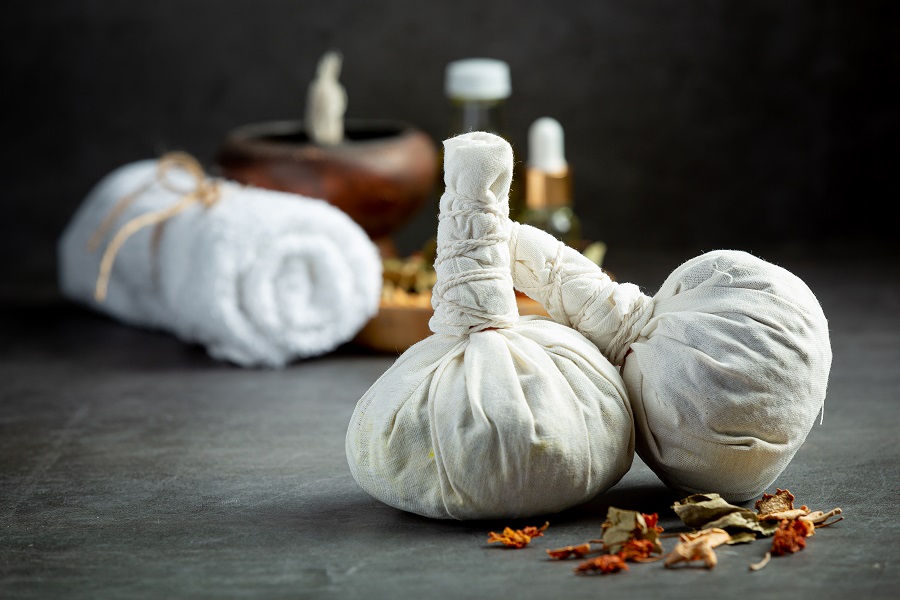Health & Ayurveda
Health and Ayurveda are closely related concepts that originate from traditional Indian knowledge and philosophy. Ayurveda is a holistic system of medicine that has been practiced for thousands of years and focuses on promoting overall well-being by balancing the body, mind, and spirit.
Here are some key points about Ayurveda and its perspective on health:
Holistic Approach: Ayurveda views health as a state of balance between the body’s three fundamental energies or doshas: Vata (air and space), Pitta (fire and water), and Kapha (earth and water). An imbalance in these doshas is believed to lead to illness.
Personalized Care: Ayurveda emphasizes individualized treatments and lifestyle recommendations based on a person’s unique constitution (Prakriti) and any current imbalances (Vikriti).
Five Elements: Ayurveda is rooted in the philosophy of the five elements (earth, water, fire, air, and ether) and their combinations, which form the basis of the doshas and various bodily functions.
Natural Remedies: Ayurveda employs a variety of natural remedies, including herbs, diet, lifestyle adjustments, yoga, meditation, and detoxification practices to restore balance and health.
Preventive Approach: Ayurveda places a strong emphasis on preventing illness through healthy lifestyle choices, proper diet, exercise, and managing stress.
Diet and Nutrition: Ayurveda categorizes foods based on their qualities and their effects on the doshas. A balanced diet is one that aligns with an individual’s constitution and the prevailing doshic imbalances.
Herbal Medicine: Ayurvedic practitioners use a wide range of herbs and herbal formulations to treat various health conditions. These herbs are believed to work in harmony with the body’s natural processes.
Panchakarma: This is a detoxification and rejuvenation therapy in Ayurveda that involves various techniques to remove toxins from the body and restore balance.
Mind-Body Connection: Ayurveda recognizes the profound connection between mental and physical health. Practices like meditation, yoga, and breathing exercises are employed to foster emotional and mental well-being.
Long-Term Benefits: Ayurveda doesn’t just focus on symptom relief; it aims to address the root causes of ailments and create long-term health by harmonizing the body’s natural functions.
It’s important to note that while Ayurveda offers valuable insights into holistic health, it should not replace conventional medical advice or treatment for serious conditions. Before making any significant changes to your health regimen.



